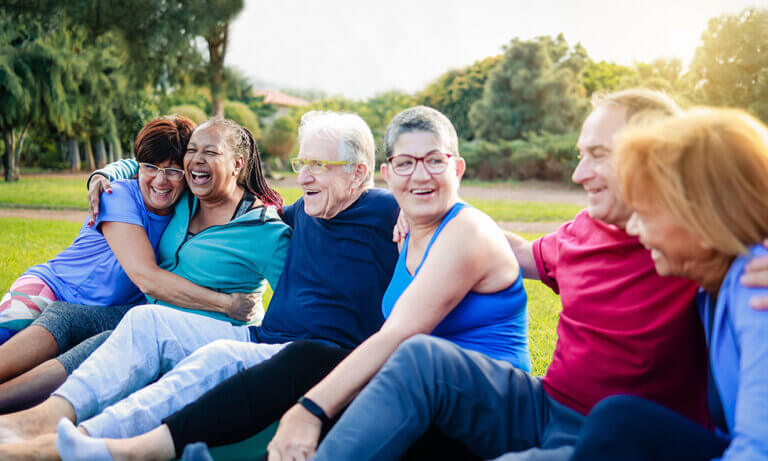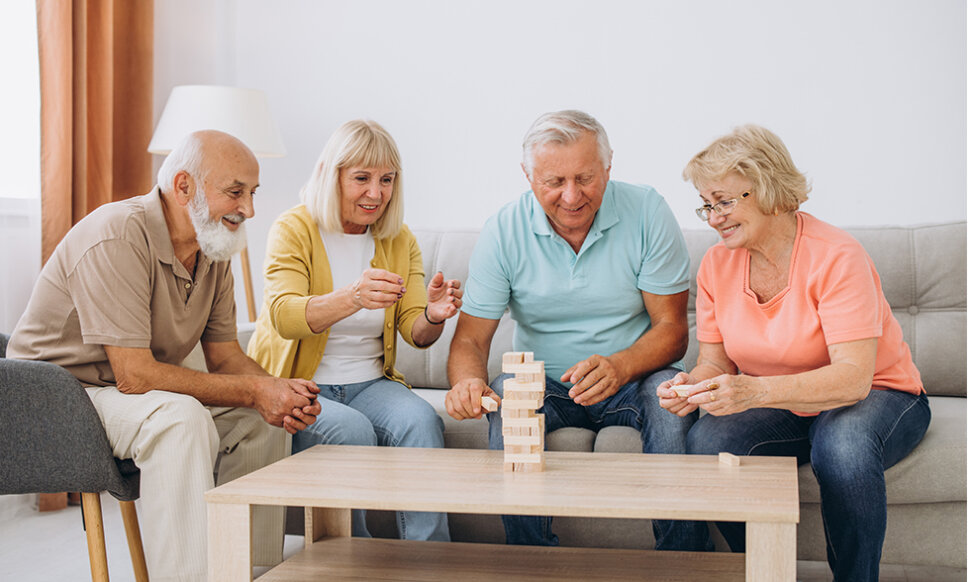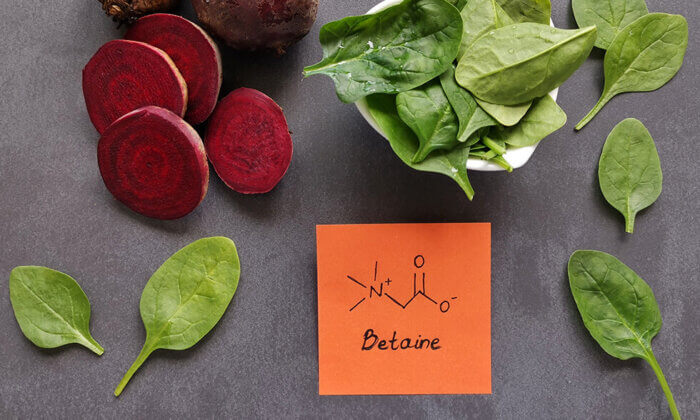Growing Older, Not Alone: Why Social Connection Matters as We Age
| | Reading Time: 3 minutes

As we face the natural process of growing older, many of us begin to think about our physical health and emotional well-being. One of the deepest, quietest fears that can emerge is the possibility of growing old alone. Whether due to the loss of a partner, distance from loved ones, or changes in social circles, many older adults find themselves increasingly isolated. The truth is, growing alone is not just an emotional experience—it can also impact your health.
But it doesn’t have to be this way. Human beings are wired for connection, and maintaining social ties is one of the most powerful things we can do to age well, emotionally, mentally, and even physically.
The Hidden Health Risks of Growing Old Alone
Loneliness is more than just a feeling. Multiple studies have shown that social isolation can increase the risk of depression, heart disease, cognitive decline, and even premature death. Loneliness has been compared to smoking 15 cigarettes a day in terms of its health impact.
As we age, our social networks often shrink due to retirement, health limitations, or the loss of loved ones. Without intentional action, this can lead to growing old, not just physically, but emotionally.
If you’re feeling isolated, it’s important to know you’re not alone in that experience, and there are steps you can take to feel more connected.
The Power of Connection for Healthy Aging
Being socially engaged helps boost mood, reduce stress, and support brain function. Regular connection with others—whether through friendship, family, or community—has been shown to:
- Lower the risk of dementia and cognitive decline.
- Improve heart health and immune function.
- Boost longevity and quality of life.
- Reduce symptoms of anxiety and depression.
You don’t need a large circle to feel connected. Even a few meaningful relationships can make a significant difference.
If you haven’t already, I recommend checking out these related posts that offer broader lifestyle strategies for staying healthy as you age:
These resources pair well with today’s focus and can help you see aging as a time of empowerment, not withdrawal.
Simple Ways to Stay Socially Engaged
Even small steps can help you avoid growing alone:
- Reconnect with Old Friends: Reach out to someone you haven’t spoken to in a while.
- Join a Group or Club: Whether it’s a book club, walking group, or community class, shared interests foster connection.
- Volunteer: Helping others is a proven way to lift your spirits and meet like-minded people.
- Use Technology Wisely: Zoom calls, group chats, and even online communities can help bridge the gap if you’re physically distant from others.

Supplements That Support Connection & Vitality
Staying socially active also requires energy, emotional balance, and cognitive clarity. The right supplements can support your body and mind so you can stay engaged:
- Adaptogens to balance stress and support mood
- Cognitive support formulas to enhance memory and focus
- Mitochondrial support to increase natural energy levels
Explore our carefully selected supplement collection designed to help you feel your best, so you can live fully—and socially—as you grow older.
Final Thoughts: You’re Not Alone
While growing old alone is a common fear, it’s one we can counteract with intention and community. Social health is just as important as physical and mental health. The connections you nurture today will shape the quality of your life tomorrow.
Take small steps toward greater connection. Share this article with someone who may need it—and remember, you were never meant to do this alone.


